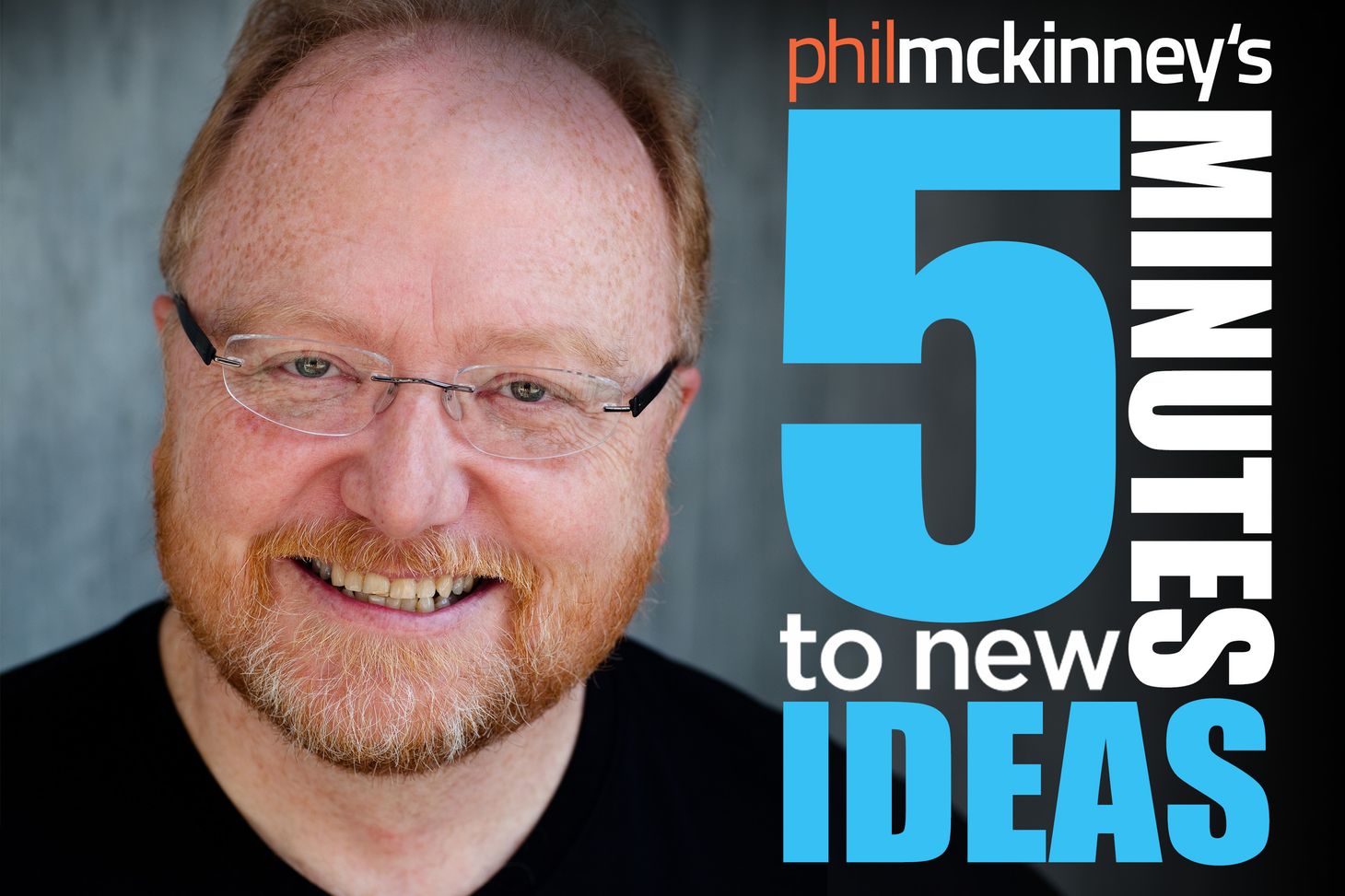Be Brave To Innovate

Did you know the opposite of bravery is not cowardice? The opposite of bravery is conformity. Doing everything the same way that everybody else does it, being like everybody else, thinking the same way everybody else does.
Conformity is the “safe” approach which actually puts us at more risk. It takes bravery to step out and leave the warm space of conformity — and try something new. Let’s be honest, conformity is comfortable. You know what to expect. You conform to the norms of an office. You conform to the norm of society. It’s predictable.
The World Is Changing
The problem is the world out there is changing whether we are ready for it or not. Conformity is not preparing us to compete and succeed. What constitutes success in the future is not the same thing that defined success in the past.
When i started my career, success was defined as doing the tasks that our boss assigned to us and doing those well, then getting our performance review, then getting our two to three percent pay increase, and then wake up every morning and repeat. Then repeat it every day for the next 30 years of our career.
Creative Economy
In the new emerging creative economy, the definition of success is different. The definition of success in the creative economy is your ability to create ideas that create significant value for the organizations that you are part of. And this creative economy is coming much faster than any of us predicted.
The ability to succeed in this new economy is going to be based on learning how to take a natural ability that we all have and use creative thinking and ingenuity to solve problems and identify new opportunities.
In a recent study by Adobe, only 25% of the population believe they are creative and applying it in their jobs to create value. Therefore, 75% of the world’s population do not see themselves as creative and are not ready to compete in the creative economy.
What does this say about our economic future when only 25% of the workforce is ready?
The Next Generation Creatives
It’s not all doom and gloom. I’m not that pessimistic. I think we have a bright and exciting future. Why? My grandkids.
My grandkids are a perfect example of being highly creative. I’m amazed at how many different ways they can take a toilet paper roll and turn it into some creative toy. They have no limits to their imagination. Why? Because they don’t care what you think about them. They are not looking for acceptance. They already have it.
In their minds, when they do something incredibly cute and funny, they don’t see us as laughing at them. Instead, they see our joy in what they have created.
They don’t understand yet the concept of conformity. They are exploring. They are experimenting. They aren’t letting others tell them, how to think, how to act, what to wear, or what should make them happy. They are avoiding the conformity trap.
We all need to do whatever we can to protect ourselves and our kids and our grandkids from this trap.
So why do 75% of the population think they are not able to contribute to the creative economy?
They don’t see being creative, being innovative, as “being normal”. They believe creativity is a “special gift”. A gift they didn’t get. That is a lie. Everyone is born creative. Everyone is born to innovate.
Risk of Failure
Creativity and innovation require risk and the risk of failure is not comfortable. It takes a lot to step out and share our creativity — to show off our ideas.
As a society, we need your human ingenuity and creativity to solve some of our biggest problems and create opportunities for the future. It was creativity and human ingenuity that came up with the polio vaccine, put the man on the moon, that saved the Apollo 13 astronauts and brought them home safely. It was creativity that invented the microprocessor, which is what’s enabled the electronics that we all are carrying around in our pockets
The Secret to Career Success
So what is the secret to career success in the creative economy??
1) Don’t let conformity control you …
2) Take the risk and use your natural creative ability to solve problems and create opportunities.
It sounds simple, doesn’t it?
Find that creative courage and be brave and remember, bravery is not the opposite of cowardice; bravery is the opposite of conformity. Stepping out and taking risks is the perfect example of not conforming.
So be brave and change the world.




